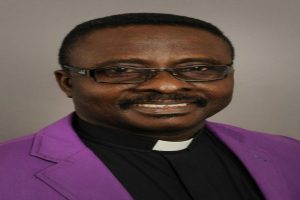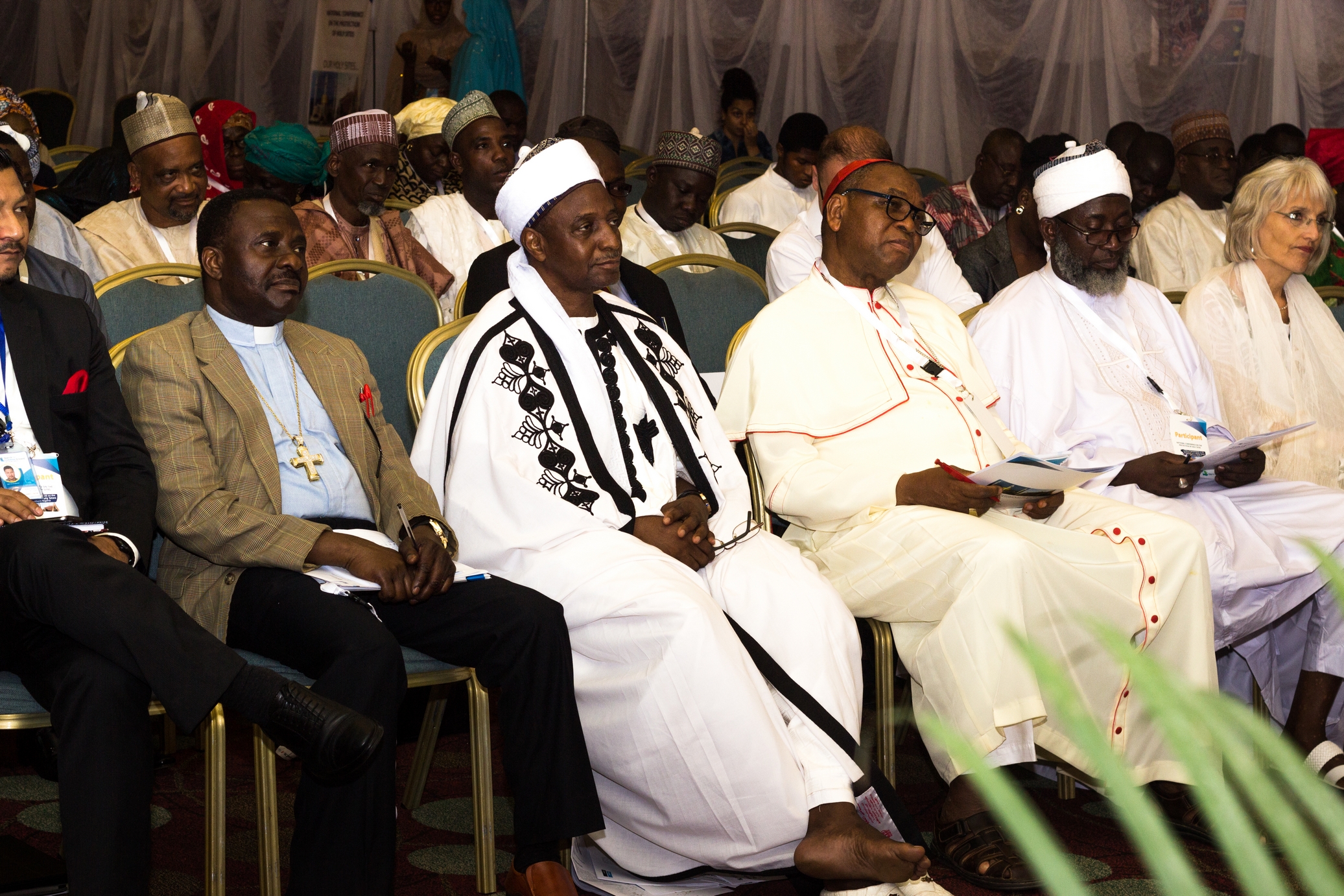The Christian Association of Nigeria (CAN) is evoking the Islamic Banking controversy in 2010/2011 Nigeria with its protest over Sukkuk Bond by the Federal Government. Another dimension of the national question in Nigeria, the CAN is calling the Sukkuk bond not only a sectional but illegal exercise on the ground that it is underpinned by Islamic finance which conforms to the doctrines of the Islamic law known as “Shari’a” and informed hierarchically by the Qur’an; the Sunna (the teachings and practices of The Prophet Muhammad) and Ijtihad and Fiqh (Islamic jurisprudence). The position, however, pitches CAN and the Central Bank of Nigeria, (CBN) on the opposite sides of a same coin regarding the religious status or otherwise of the floating of Sukkuk Bond by the Federal Government even though the Head of the CBN at the moment is a Christian. The CBN was only a few days ago encouraging Nigerians to invest in the bond on the ground that it supports infrastructural development. Could it be that the CBN is not paying adequate attention to all angles of the issue as far as secularism and constitutionalism are concerned or is it that CAN is not looking at the issue in a nuanced enough manner? Which is which?
The fear is that CAN’s protest this time might be a different stuff unlike 2010/2011 in the context of the frequency of allegations of Islamisation. Analysts and observers are, therefore, asking questions. Is CAN crying wolf where there is none and in fact risking singing the Islamisation of Nigeria into reality by its discourse or is it talking what it knows? What do CAN and the JNI discuss when they meet, formally and informally, that they appear unable to quell claims of Islamisation to the satisfaction of all parties so that it doesn’t pop up as frequently as it does from many quarters nowadays? Whose responsibility is it to work on a categorical and sufficient refutation of a claim such as this within the rubric of national security, given that discourse of difference always precede or provocative of actual identity conflict? Is it that of JNI or the Supreme Council on Islamic Affairs or that of the government which is the ultimate conflict management authority in Nigeria? How do the political, security and religious leaders prevent the enemy image invoked in the current representation of inter-faith relationship in Nigeria from seeping down to the masses in the churches and mosques? Why does it appear to be taken for granted that Islam and Christianity must be quarreling or checkmating each other when the relationship could equally be directed towards expanding the areas of commonalities? What are the intellectuals and practitioners of conflict transformation and peacebuilding saying? These are some of the questions popping up here and there.

CAN President, Dr Ayokunle

The Sultan of Sokoto
Rising up in arms this time against the floating of the bond in a statement signed by Rev. Dr. Musa Asake, its General Secretary, CAN is alleging manipulation and scheming to smuggle the country into a full blown Islamic State, drawing comparison between the Sukkuk process with what it calls the smuggling of Nigeria into OIC in 1986 under the Ibrahim Babangida junta. As there has never been a time that Nigerians held a Referendum or convened a Constituent Assembly that passed a resolution that the nation has transmuted into an Islamic State, argues CAN, every law that has been promulgated to back the Sukkuk issuance and promote an Islamic banking system in Nigeria is ultra vires, illegal, null and void. It said it has been compelled petition and protest against the unrelenting plan of the Federal Government of Nigeria to introduce Islamic financing into a secular state in violation of Section 10 of the Constitution.
The position completely contrasts with that of the CBN as publicly articulated by Demenongu Yanfa, a Deputy Director of the CBN who spoke at a function in Kaduna where he cited South Africa and Malaysia as success stories of what they are talking about in the Sukkuk bond strategy.
But grounding its objections on how funds raised under Sukkuk MUST be used for Shariah compliant (halal) activities; wondering how Sukkuk shall be governed by and construed in accordance with the laws of the Federal Republic of Nigeria as well as the Islamic Law of Mu’amalatmaliyyah; how Sukkuk is an ASSET BASED banking system unlike the conventional banking that is ASSET BACKED and IMF’s reported position that the issuance of Sukkuk by non-Islamic states/countries is a breach of the religious neutrality of the government of such state, CAN proceeds to the position that Nigeria cannot operate two national value systems or two laws for one nation.
It, therefore, insists the Federal Government must dismantle all legal and institutional framework established to promote Islamic financing in Nigeria, particularly the repealing of The NEW RULES/AMENDMENTS TO THE RULES AND REGULATIONS OF THE SECURITIES AND EXCHANGE COMMISSION, Section 313(6) of the Investments and Securities Act 2007. Otherwise, said CAN, it would seek legal redress to defend the Sovereignty and territorial integrity of Nigeria if the National Assembly fail to checkmate the Executive branch on the issue.
Where might the difference in positions be located vis-a-vis peace and security in Nigeria?




























